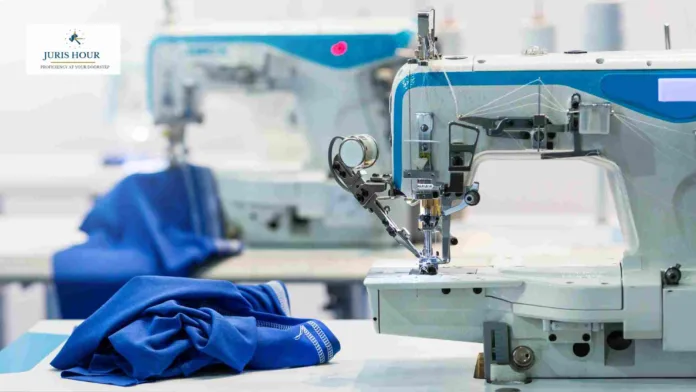The Customs, Excise and Service Tax Appellate Tribunal (CESTAT), Principal Bench, New Delhi, has ruled that industrial sewing machines fitted with motors are not entitled to excise duty exemption under Notification Nos. 6/2006-CE and 1/2011-CE.
The bench of Justice Dilip Gupta (President) and P.V. Subba Rao (Technical Member) upheld the bulk of the excise duty demand raised by the Directorate General of GST Intelligence (DGGI), but granted partial relief by striking down the extended limitation period and associated penalty under Section 11AC of the Central Excise Act, 1944.
The case stems from two show cause notices issued in 2015, alleging that Swarup Mechanical Works had wrongly availed exemption under Notification No. 6/2006-CE and 1/2011-CE by classifying its sewing machines as “without in-built motors.”
The adjudicating authority had initially dropped the demands in 2016, but the matter was remanded for fresh consideration by CESTAT in 2018. Following fresh adjudication, an order dated May 20, 2022, confirmed a duty demand of ₹8.48 crore, along with an equivalent penalty.
The tribunal held that the machines in question, though using belt-and-pulley mechanisms, were supplied with motors housed inside the unit. Relying on the earlier ruling in Gabbar Engineering Co. v. CCE (2009), it concluded that such machines squarely fall under the category of “with in-built motors,” and hence are not eligible for concessional duty. The manufacturer had also contested duty on a “suspension unit with hook” used for hanging the machines while stitching bags.
CESTAT ruled that this was an accessory and not a part of the sewing machine, thus rejecting the appellant’s claim for exemption.
The tribunal provided major relief by setting aside the demand raised under the extended limitation period. It observed that the company had regularly filed returns under the self-assessment system and there was no evidence of fraud, suppression, or wilful misstatement.
“If the non-payment of duty was not detected, it was due to limited scrutiny permitted under CBEC instructions, not because of the appellant’s intent to evade,” the bench noted.
Since the conditions for invoking extended limitation were not satisfied, the penalty under Section 11AC was also quashed.
Case Details
Case Title: M/s Swarup Mechanical Works (Unit 1) Versus Additional Director General DGGI
Case No.: EXCISE APPEAL NO. 52049 OF 2022
Date: 22.08.2025
Counsel For Appellant: R.K. Hasija, Advocate
Counsel For Respondent: Rakesh Agarwal
Read More: Delhi High Court Dismisses Writ Petition In Fake ITC Case, Imposes Rs. 50K Cost

